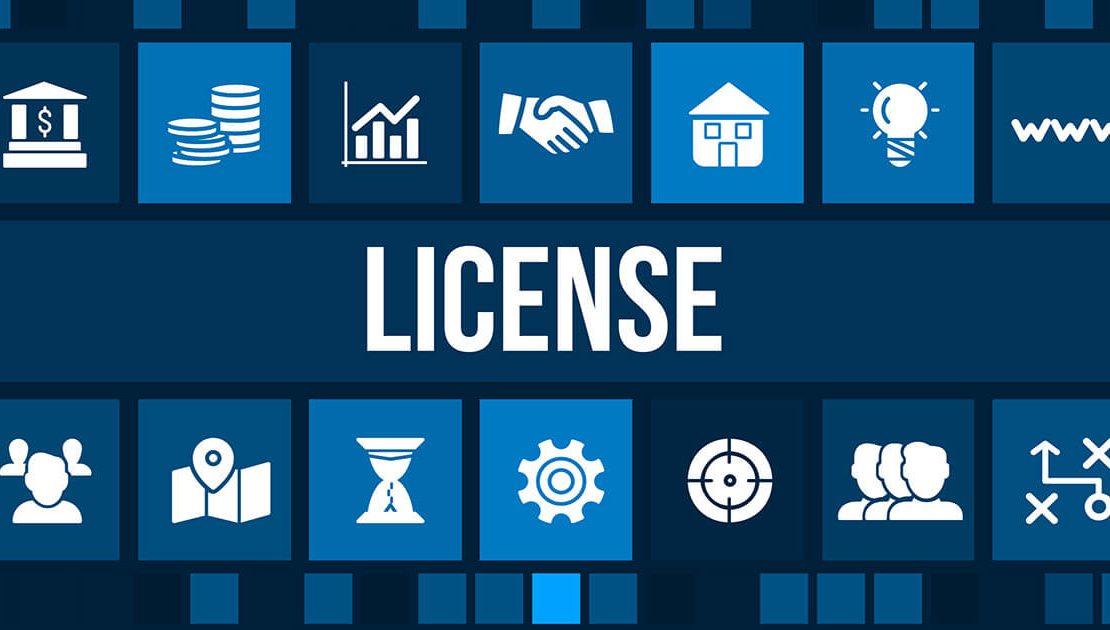US Banking License vs. Puerto Rico International Banking License
US Banking License vs. Puerto Rico International Banking License

I’m often asked to compare a US banking license and an international banking license from the US territory of Puerto Rico. In my mind, these are not competing products because their target audiences are so different. But, I will try to explain the differences between a banking license in the United States and an international banking license from Puerto Rico in this post.
A US banking license and an international banking license issued by the US territory of Puerto Rico have several differences, primarily in terms of the scope of their operations, regulatory oversight, and tax implications. Here is a summary of the main differences:
1. Jurisdiction and scope of operations:
- A US banking license allows a financial institution to conduct banking operations within the United States and is subject to federal and state regulations. The license typically permits an institution to provide a wide range of banking services, such as accepting deposits, providing loans, and facilitating payments.
- An international banking license issued by Puerto Rico, also known as an International Banking Entity (IBE) license or an International Financial Entity (IFE) license, allows a financial institution to operate as an international bank within Puerto Rico. While the IBE or IFE can conduct business with clients worldwide, it is restricted from providing banking services to Puerto Rican residents.
- International banks in Puerto Rico can accept clients from around the world while banks in the United States are generally limited to clients from the United States. So, a bank in the United States could not have a client base predominantly from China or Mexico, for example, while a bank in Puerto Rico can accept these Non-US clients.
- Offshore Banks from Puerto Rico can accept clients from the United States. But, in practice, this is not their primary target market because these international banks are not FDIC insured.
- International banks from Puerto Rico are better suited to cross-border payments than most US banks, especially smaller US banks.
2. Regulatory oversight:
- US banking licenses are regulated by several federal and state agencies, such as the Federal Reserve System, the Office of the Comptroller of the Currency (OCC), the Federal Deposit Insurance Corporation (FDIC), and state banking authorities.
- International banking licenses issued by Puerto Rico are regulated by the Puerto Rico Office of the Commissioner of Financial Institutions (OCIF). Although the IBE/IFE is subject to some federal regulations, it generally operates under a separate legal and regulatory framework from mainland US banks.
- IFEs and IBEs which open a Fedwire account become subject to the oversite of the Federal Reserve Bank in New York.
3. Tax implications:
- Banks with a US banking license are subject to federal and state income taxes, as well as various other taxes and fees.
- International banking entities in Puerto Rico benefit from several tax incentives under Act 273, which was enacted to encourage economic development on the island. IFEs enjoy a reduced corporate income tax rate of 4%, exemption from property and municipal taxes, and exemption from dividend withholding taxes for non-residents, among other benefits. IBEs pay zero income tax.
4. Deposit insurance:
- Banks with a US banking license are typically required to participate in the FDIC’s deposit insurance program, which protects depositors’ funds up to a certain limit in the event of a bank failure.
- IFEs and IBEs in Puerto Rico are not required to participate in the FDIC’s deposit insurance program, and their depositors do not have the same level of protection as those of mainland US banks. There is debate about whether they may join the FDIC, but none have done so to date.
For more on setting up a bank in the United States, have a read through Process to Apply for a US Banking License
For your information, the IBE law was in existence from 1989 to 2012. It was replaced by the IFE law in that year. This is why I refer to IFEs and IBEs in the post above.
The IFE law is referred to as Act 273 and it is subject to significant changes in 2024. For more on this see: New International Banking Regulations for Puerto Rico in 2024. The primary difference between the laws is the tax rate for IFEs is 4% and the tax rate is 0%.
In summary, the main differences between a US banking license and an international banking license issued by Puerto Rico involve the scope of operations, regulatory oversight, tax implications, deposit insurance, and client base. While US banks operate under a comprehensive regulatory framework and serve a broad range of clients within the United States, IFEs and IBEs in Puerto Rico cater primarily to non-resident and foreign clients and enjoy a more favorable tax environment.

